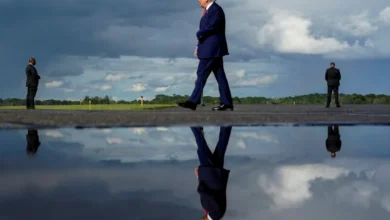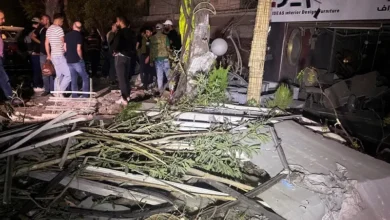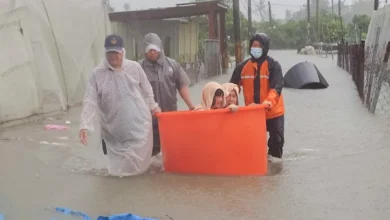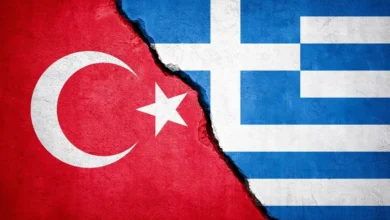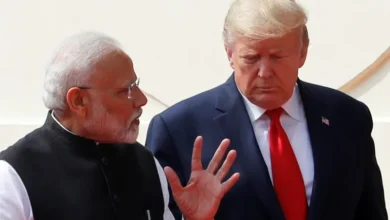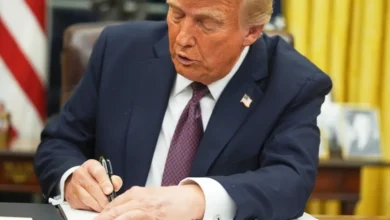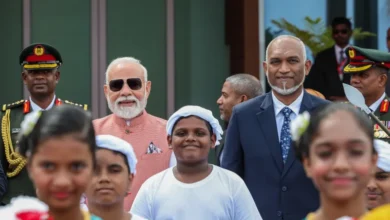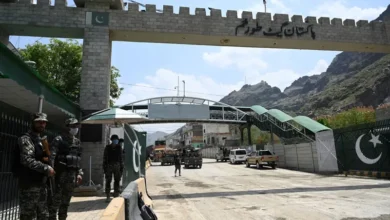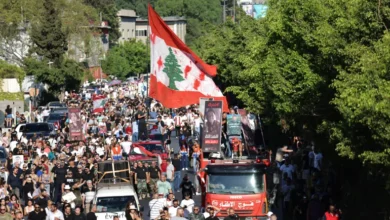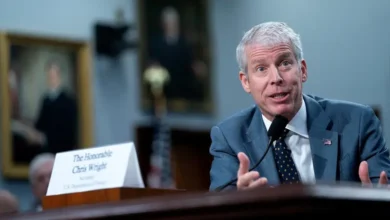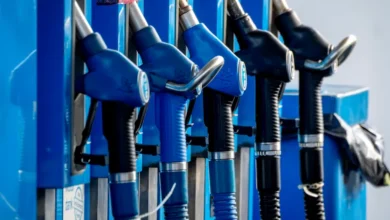‘We will stay’: Displaced Nigerians fear Boko Haram, stay in closing camps
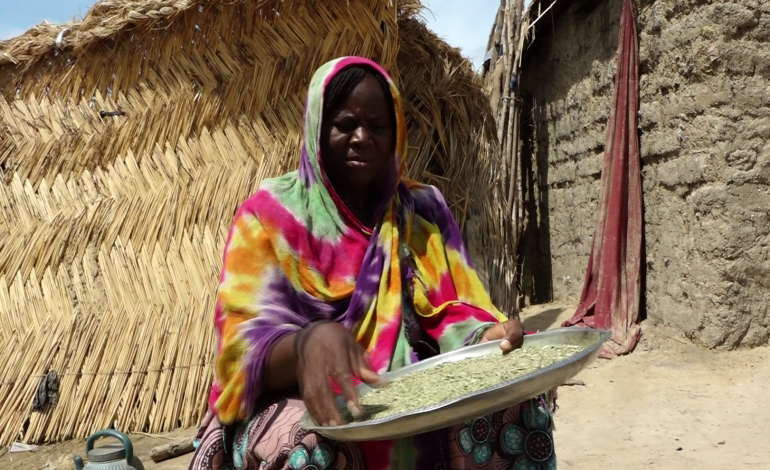
Four months after authorities evacuated 22,000 people and dismantled its water supply, the Muna displaced persons camp in Maiduguri is a shell of what it once was. But Maryam Suleiman, a 50-year-old widow, has refused to leave.
Suleiman and her 12 children still sleep beneath leaking roofs of the camp in Nigeria’s northeastern Borno State, even as the structures crumble around them.
“They gave us options to stay or return home,” the mother tells Al Jazeera, standing in what remains of the site that housed her family for a decade. “But they’re still killing people there.”
Her hometown of Dongo in the Mafa local government area – 49km (30 miles) from Maiduguri – is where Boko Haram fighters murdered her two younger brothers in 2014. It is also where the government insists she must return, declaring the area safe from the group that has killed 15,889 people and displaced 3.9 million across northeastern Nigeria.
Suleiman is among hundreds who refused evacuation when Borno State Governor Babagana Umara Zulum ordered all camps closed in 2023, citing improved security and the need to “restore dignity” to displaced populations.
Yet in May 2025, just months after resettlement began, Boko Haram launched fresh attacks in Marte, killing five soldiers at a military base. Similar incidents followed in Dikwa, Rann, Gajiram, and other “safe” communities.
According to the Daily Trust newspaper, more than 90 people have been killed in the past five months across Borno State. The Marte attack alone forced 20,000 newly resettled residents to flee again.
“I remember those days, our community was rich in agricultural produce,” Suleiman recalls of life before 2009, when Boko Haram began its violent campaign against Western education. “People from Maiduguri travelled to our community to trade. I can’t recall visiting Maiduguri because I had everything I wanted in my village.”
The armed group’s violence escalated after Nigerian forces killed its founder, Mohammed Yusuf, in 2009. His deputy, Abubakar Shekau, unleashed attacks on civilians, infrastructure, and security forces that would reshape Nigeria’s northeast for the next decade.
Now, in the skeletal remains of Muna camp, Suleiman shares a single room with 15 people. Her children, once enrolled in school, no longer attend classes.
A dangerous return
Donoma Gamtayi, an elderly farmer from Marte, watches from the camp’s crumbling entrance as military vehicles pass on the road to his hometown.
“Boko Haram still operates,” he tells Al Jazeera. “They come once in a while. When they kidnap, they demand ransom – sometimes up to two million naira ($1,337).”
Like many in the camp, Gamtayi wants to farm again, but not at the cost of his life.
“If security forces are placed in the affected communities, we will have confidence to survive in resettlement areas. We can spend some hours in safe locations.”
Nigerian security analyst Kabir Adamu believes there is merit to the government’s drive to get people to return to their regular lives, but warns that the present security setup still makes villagers vulnerable, especially outside major towns where the military has formed garrisons.
“Sometimes they’re forced to pay ransom to Boko Haram or Islamic State West Africa Province fighters,” he says.
This creates a devastating cycle. Those who engage in such acts are, in effect, supporting “terrorism” in the eyes of the state and risk arrest by the Nigerian government. Yet for many, it is the only option they see for survival.
Governor Zulum justified the camp closures by citing rising prostitution, gangsterism, and child abuse within settlements for internally displaced persons (IDPs).
“Living in IDP camps is not what we are used to or what we like as a people,” he stated. “We believe that a safe life of dignity is a right for all citizens of Borno.
